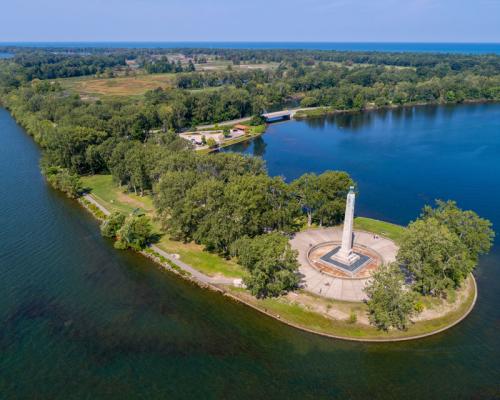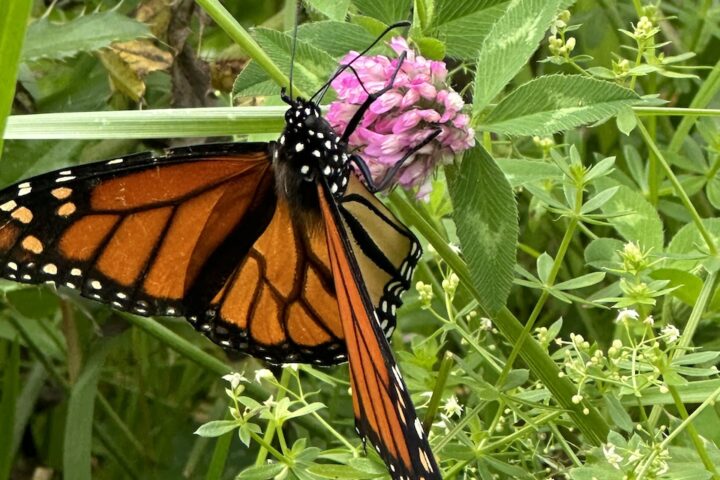A 2016 report created by Environment Leadership Strategies offers a synthesis of the foremost thinking on how environmental education can lead to conservation objectives through community stewardship. The report was designed to advise the National Fish and Wildlife Foundation on their conservation education grant making, but is written as a comprehensive piece to be studied by various groups and organizations. The report can be useful across the field: it can guide environmental education investors, help practitioners improve their program design, and provide evidence to program directors that what they are doing will lead to change at a landscape scale. While the research connecting environmental education to conservation outcomes is still emerging, the most important lesson outlined in the report is that intentional program design–in which programs are based on the leading research, evidence, and practices–is crucial. This report provides much-needed synthesis and analysis in one document.
Here is what people are saying about the report:
“This paper combines the research and practice of environmental education in one of the most significant comprehensive analysis written. I recommend this as a valuable resource for anyone interested in the field.” — Louisa Koch, Director of Education, NOAA
“This report brings together a much needed perspective from researchers to leading experts on why and how environmental education should be a cornerstone of environmental restoration. It’s a valuable resource for anyone that invests in connecting people and nature.” — Angie Chen, Director, Blue Sky Funders Forum
You can view the report here.



